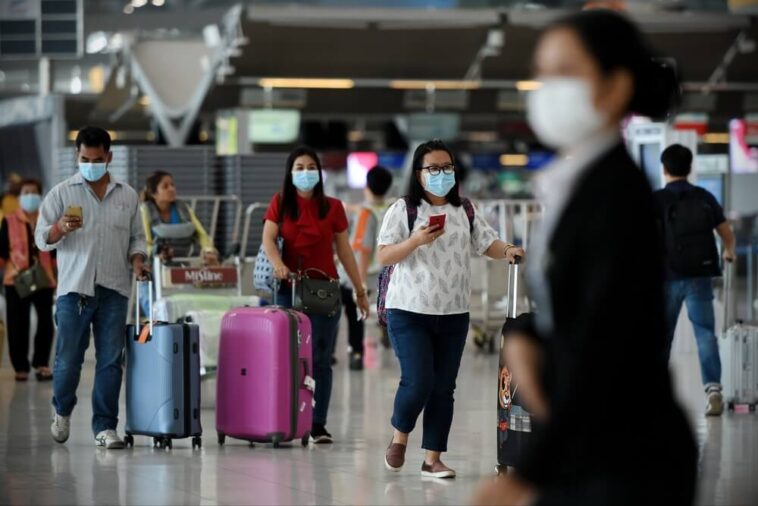The COVID-19 pandemic is no longer a Public Health Emergency of International Concern, according to the World Health Organization.
On January 30, 2020, the organization raised the COVID-19 warning level to its maximum level. Since then, the label has been updated at meetings held every three months by a group of global health experts.
The ramifications of this new evaluation were discussed by a variety of Chinese health professionals, with a focus on the effects both inside and outside of China.
Liang Wannian, head of the COVID-19 response expert group of China’s National Health Commission, listed four considerations when asked to explain the altered evaluation.
First of all, there have been fewer new cases recorded internationally overall, including fewer infections, hospitalizations, ICU admissions, and deaths due to the disease.
Second, despite the virus’ ongoing mutations, the harmful effects they have on people’s health have mostly not changed.
Thirdly, the widespread vaccines and diseases among people have increased herd immunity among humans globally.
Fourthly, over the past three years, there has been an improvement in global pandemic responses, whether in terms of human resources or medical supplies and technology. This is due to the strengthening of the global health care and public health systems.
All of these point to the fact that overall human immune responses to the virus have reached a level of equilibrium that satisfies the prerequisites for declaring the Public Health Emergency of International Concern for COVID-19 to be over.
According to Liang’s recent estimate, humans could currently successfully regulate the disease’s negative effects.
Of course, Liang emphasized, this does not imply a laissez-faire approach to the epidemic, as there is still a need for international cooperation in putting policies into place that might provide better protection for human health as long as the virus exists.
According to Shi Guoqing, deputy director of the Chinese Centre for Disease Control and Prevention’s Emergency Centre, the new WHO assessment does not signal the end of the pandemic, and pandemic prevention is still necessary because the virus is still spreading within our communities.
Liang furthered his explanation by saying that this would result in further easing or even the removal of the limits that had previously been placed on foreign trade, travel, and transportation.
He advised making efforts in various different directions. In order to develop a more effective public health system, there should first be more effective surveillance of the new pandemic strains and more effective responses. Second, vaccination is important for high-risk individuals and those who require special care. Thirdly, medical expertise should be improved to handle COVID-19 clinic cases, particularly severe ones. Fourth, people need to be mindful of their hygiene.





